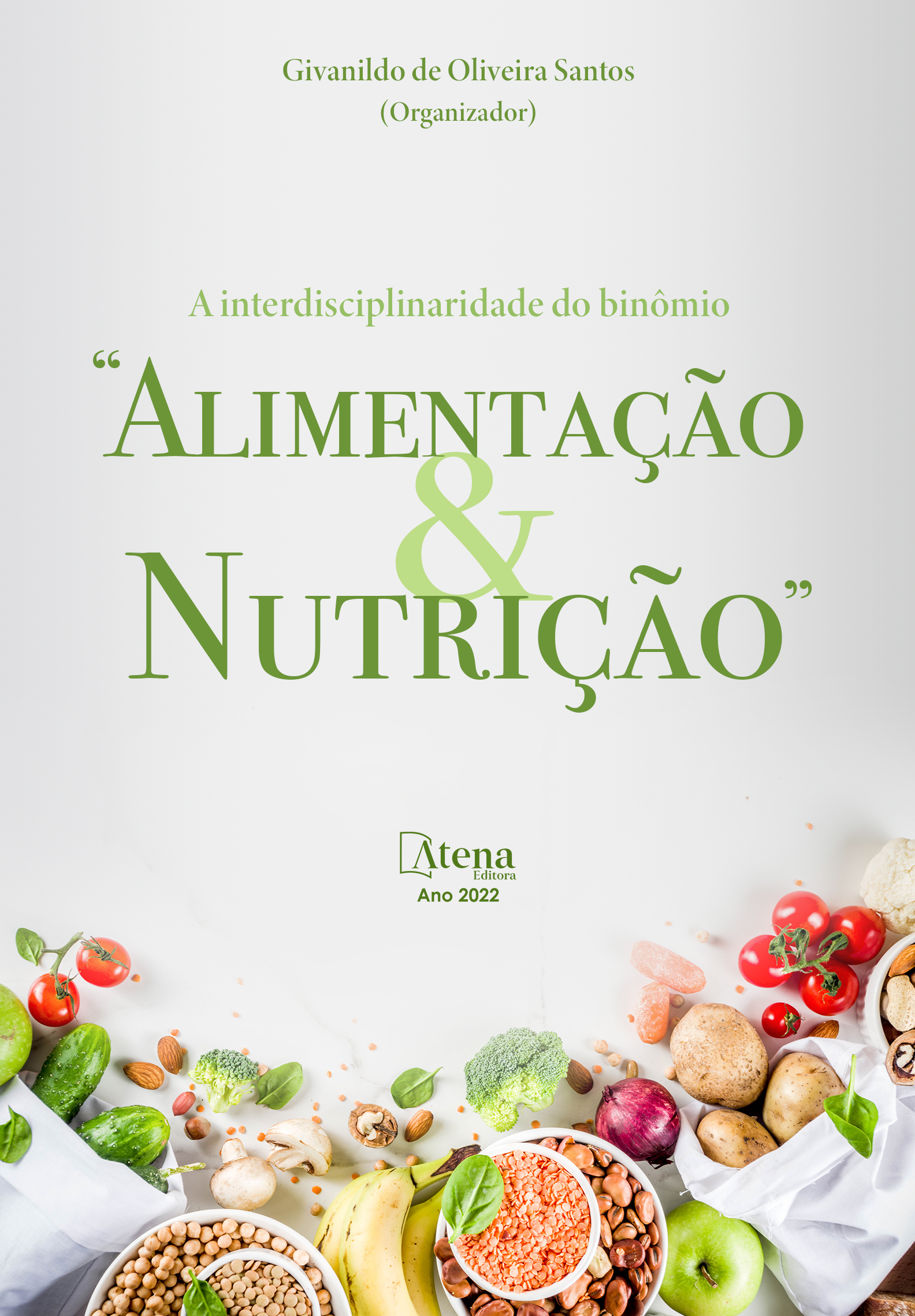
Agreement between nutritional screening instruments in hospitalized older patients
CONTEXTO:A prevalência de pacientes idosos hospitalizados tem crescido substancialmente e impactado os serviços de saúde hos-pitalar.Desta forma acredita-se que uma investigação do estado nutricional, associado a situações clinicas variadas em pacientes idosos, poderia contribuir para ações de intervenção hospitalar multidisciplinares e de cuidado nutricional adequadas para esta população.OBJETIVO:Investigar a relação entre dois instrumen-tos de trigem nutricional em pacientes idosos hospitalizados e comparar variaveis clinicas entre estes dois instrumentos; METO-DO:Estudo retrospectivo com pacientes hospitalizados (n=277), sendo investigado concordância entre dois instrumentos de tria-gem nutricional.Os dados foram analisados pelos testes McNemar, qui-quadrado,Fiher, Mann-Whitney e o coeficiente kappa para a avaliação de concordância.RESULTADOS:Houve diferença significativa (P=0,0002) entre as classificações de risco nutricional pelos dois instrumentos de triagem nutricional e com-cordância moderada (k-0,5430)entre eles.Verificou-se associação entre triagem de rico nutricional e idade (p=0,0255),tempo de internação (p<0,0001), sexo (p=0,0365) e doenças(p=0,0479). Houve associação entre a MiniAvaliação nutricional e tempo de internação (p<0,0001), doenças (p=0,0001) e evolução do peso corporal (p=0,0479).CONCLUSÃO:Triagem de risco nutricional e a MiniAvaliação Nuricional apresentnam concordância moderada para a avaliação de pacientes idosos
Agreement between nutritional screening instruments in hospitalized older patients
-
DOI: 10.22533/at.ed.0262215085
-
Palavras-chave: Pacientes idosos hospitalizados; triagem nutricional; acordo.
-
Keywords: Hospitalized elderly patients; nutritional screening; agreement.
-
Abstract:
Background – The prevalence of hospitalized elderly patients has grown substantially and has impacted the hospital health services. Thus, it is believed that an investigation of the nutritional status associated with different clinical situations in elderly patients could contribute to multidis- ciplinary hospital intervention and nutritional care actions suitable for this population. Objective – To investigate the relationship between two nutri- tional screening instruments in hospitalized older patients and to compare clinical variables between these two instruments. Methods – Retrospective study with hospitalized older patients (n=277), investigating the agreement between two nutritional screening instruments. The data were analyzed using the McNemar, chi-square, Fisher, Mann-Whitney tests and the kappa coefficient for the agreement assessment. Results – There was a significant difference (P=0.0002) between the nutritional risk classifications of the two nutritional screening instruments and moderate agreement (k=0.5430) between them. The association between nutritional risk screening and age (P=0.0255), length of hospital stay (P<0.0001), gender (P=0.0365) and illness (P=0.0001) were assessed. There was an association between Mini Nutritional Assessment and length of stay (P<0.0001), illness (P=0.0001) and body weight evolution (P=0.0479). Conclusion – The nutritional risk screening and Mini Nutritional Assessment showed moderate agreement in the assessment of elderly patients.
-
Número de páginas: 5
- Antonio Alberto Rodrigues ALMENDRA
- Vânia Aparecida LEANDRO-MERHI
- JOSÉ LUIS BRAGA DE AQUINO


